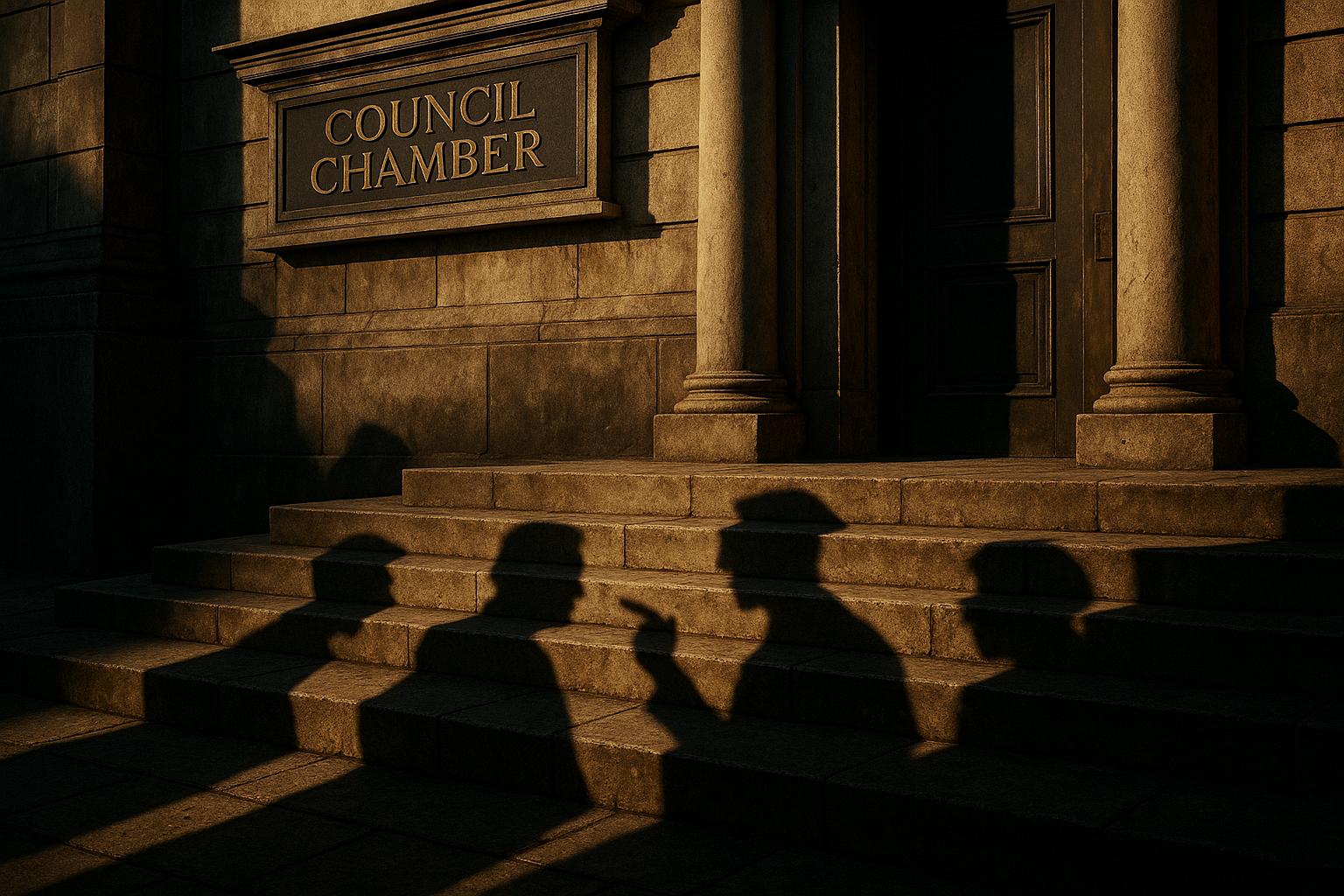The communities secretary, Steve Reed, has summoned a meeting with officials overseeing Tower Hamlets council amid ongoing concerns about governance at the east London authority. This move highlights the government’s vigilance following a scathing November 2024 report by commissioned inspectors, which revealed a "toxic" and secretive culture under the control of Mayor Lutfur Rahman’s inner circle. The report detailed dysfunctions such as a lack of inter-party respect and cooperation, fostering an unhealthy organisational environment.
Reed's meeting with the envoy team aims to assess the progress made by the council in response to the report and explore what further measures might be necessary. Notably, Reed expressed his dismay at news that two councillors connected to the Aspire party, led by Rahman, are seeking parliamentary candidacies in Bangladesh. In a letter to the council, Reed condemned what he described as a neglect of their local responsibilities at a critical time when the authority is meant to be undergoing significant improvements. He urged full engagement from council leaders to support the ongoing reform efforts.
Lutfur Rahman’s political history adds complexity to the situation. Initially elected as an independent mayor in 2010, Rahman was removed from office in 2015 and barred from standing for five years after being found guilty of electoral fraud by an election commissioner. Despite this, he regained the mayoralty in 2022 with the Aspire party, which holds a slim majority on the council. Rahman remains a dominant, if controversial, figure in local politics, having faced criticism for internal party conflicts and contentious decisions, such as the display of Palestinian flags during the Gaza conflict, which sparked a public backlash and subsequent policy reversal.
The council has made some headway, with the envoy team’s initial July report acknowledging steps taken to enhance performance. However, the report also cited difficulties in gaining full cooperation, particularly from the mayor’s office and senior advisors, something echoed by opposition councillors who describe a persistent "culture of patronage" and unevenness in governance that affects vital local services. Labour councillor Marc Francis voiced ongoing concerns about these entrenched issues, noting a lack of meaningful improvement despite visible activity.
Controversy has also engulfed specific council policies. For example, a proposed change to the homelessness accommodation policy, allowing displaced families to be placed beyond a 90-minute journey from Tower Hamlets, was paused following opposition from councillors worried about the impact on vulnerable residents. Rahman defended the pause, citing difficulties in securing affordable local housing alternatives. Additionally, the Aspire party’s housing commitments have come under scrutiny. Rahman’s administration was criticised by the local Labour Party after scaling back a promise to build 4,000 social homes over four years to a broader goal of delivering 1,000 affordable homes annually. Despite this adjusted commitment, housing delivery remains significantly below promised targets, raising questions about the administration's effectiveness in meeting critical community needs.
Further criticism targets the Aspire party’s approach to representation. In a borough known for its diversity, Aspire has faced accusations of promoting exclusivity through a candidate list composed entirely of individuals of Bangladeshi heritage. Critics argue this risks fueling divisive politics in a multicultural area that demands inclusive governance reflecting its wide-ranging population.
The council has responded by maintaining cooperation with the government envoys and pushing forward with initiatives aimed at supporting residents through cost-of-living challenges and community cohesion efforts. A spokesperson for Tower Hamlets described ongoing dialogue with ministerial envoys and highlighted policies designed to unite the community amidst attempts to sow division. Meanwhile, Aspire clarified that a councillor linked to the Bangladesh candidacy allegations has not been formally selected and that protocols would require resignation if such a candidacy were confirmed.
With local elections due next May, the forthcoming envoy report and Reed’s engagement signal that the situation in Tower Hamlets remains under close scrutiny. The council faces substantial pressure to demonstrate tangible progress in improving governance, service delivery, and community representation to allay deep-seated concerns about its leadership and administrative culture.
📌 Reference Map:
- [1] The Guardian – Paragraphs 1, 2, 3, 4, 5, 6, 7, 8, 9
- [2] Evening Standard – Paragraphs 1, 2
- [3] Evening Standard – Paragraphs 4, 5
- [4] Tower Hamlets Slice – Paragraph 7
- [5] Aspire Party Manifesto – Paragraph 8
- [6] Tower Hamlets Labour Party – Paragraph 8
- [7] East End Enquirer – Paragraph 9
Source: Noah Wire Services
